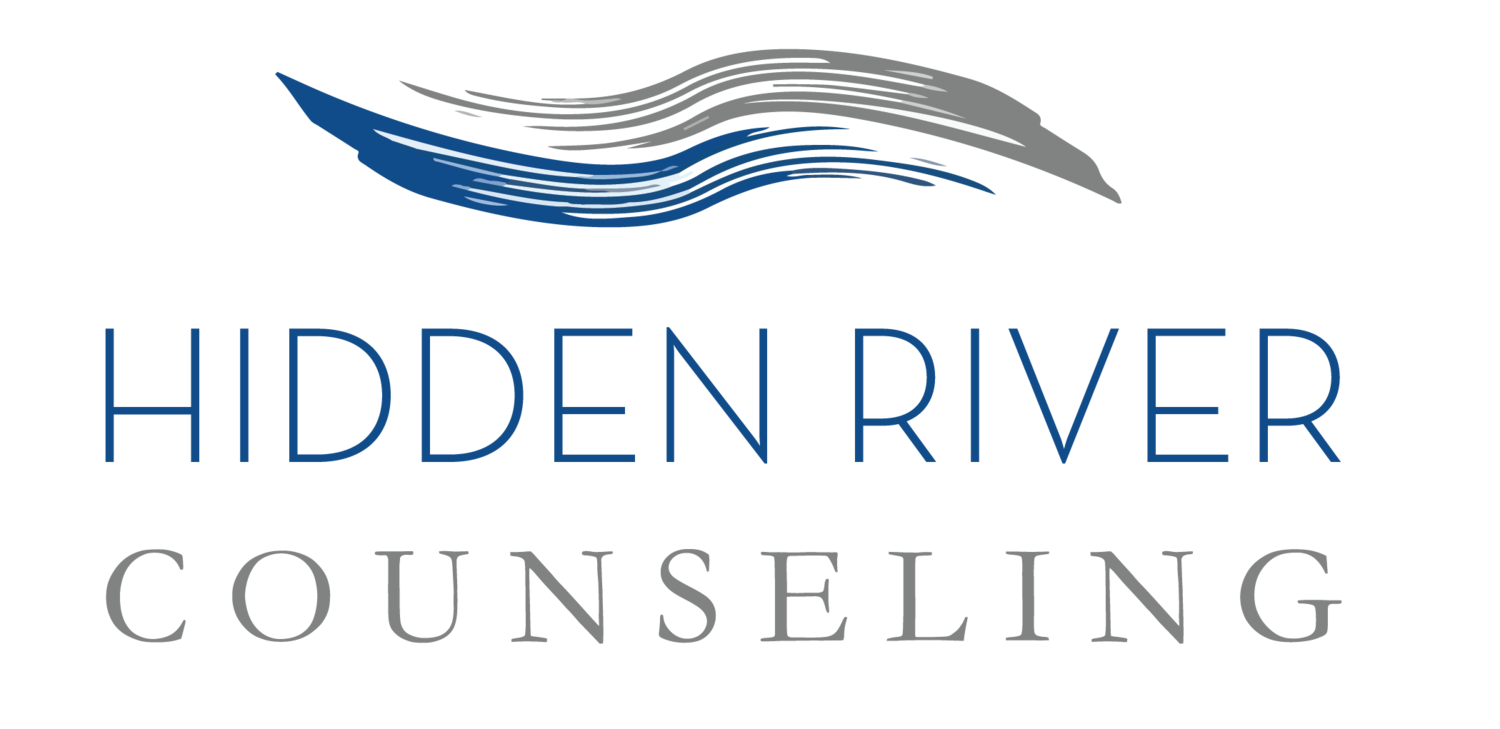How Therapy Can Help Your Adolescent & Help You PARENT Your Adolescent
/As I’m sure you know, adolescence is the time after the onset of puberty when an individual develops from a child to an adult. I’m sure you also know that this period is marked by tremendous amounts of change and growth. The onset of puberty is different for every individual, and the according to the World Health Organization the ages of adolescence are currently defined as 10-19 years old.
Early developmental theorists like Piaget and Erikson touched on this unique period of becoming an adult. Cognitively, Piaget classified adolescence (starting around age 12) as a time when thinking becomes more abstract, and the ability to think logically about hypothetical situations starts to become possible. Psychosocially, Erikson posited that adolescence (12 – 20) is a time to move toward adulthood by making choices about core values and career goals, in essence – to establish a sense of self.
These theories may be a little outdated, after all, they were being developed in the 1920’s and 1950’s, but are generally a good basis for understanding some of the cognitive and social aspects of the adolescent experience.
These are not necessarily concrete stages, as early developmental theorists initially suggested. Meaning, a 12-year-old isn’t going to be able to consistently conceptualize the world in the same way a 24-year-old does, but they are beginning to be able to think in these more abstract ways.
Similarly, there is also truth to the notion that identity is an important part of the adolescence. Other factors like friendship, intimacy, and school / vocational competency are also significant during this time.
Thanks to advances in neuroscience, we know that it takes well into our twenties before our brains are fully developed. The last part of our brain to fully develop is our prefrontal cortex, where we are able to make fully-formed decisions.
We know that adolescence is a time of massive brain growth and activity (your prefrontal cortex is taking shape!)
In this sense, adolescence is kind of like a second toddlerhood. There are massive amounts of growth in the brain and body during both of these times
If you’re a parent reading this, you may remember when you would look at your toddler and think “When did they turn into a child?!” You might be looking at your adolescent in the same way, thinking “When did they become an ADULT?!”
Just as toddlers test boundaries and limits, so do teens. Granted, it may feel like there is more at stake for a teen to be testing boundaries (drugs, alcohol, sexuality). Understandably, this can be scary for parents, especially because you don’t have as much control over the boundaries your teen crosses, despite limits you set.
All of the change during adolescence can be difficult, scary even. But facilitating growth during this time is crucial to a teen’s healthy development. Allowing teens to safely begin navigating adult waters is essential to their development. After all, becoming a successful adult is the goal of adolescence
Counseling is a great resource for adolescents - and parents! It can be a safe place to process the immense change and growth they’re going through. Adolescents and adults, alike, need to understand and be educated on the changes taking place in order to feel best-equipped during this stage of life. Click here to find out more about how you can be better equipped during this season!
Counselors not only educate adolescents on these processes, but also work on common issues teens are faced with today like anxiety, depression, self-esteem, healthy relationships, emotional regulation, identity, career choices, past trauma, and so much more.
Counseling helps teens navigate these waters through various modalities. As I always say, it’s all about finding what works best for each individual.
As teens tend to rely less on their parents and more on their peers, counseling can be a great space for teens to explore all of these issues with a trusted adult, who has their best interested in mind.
Counselors work closely with you, the parent, while maintaining your adolescent’s confidentiality.
If you are a parent and feel ill-equipped or overwhelmed when it comes to parenting your adolescent, counseling can be a great resource for you, too. Counseling offers not only education but also the ability to process the challenges of parenting an adolescent. It’s not always an easy time, especially today, with the fast-paced life and pressures we put on ourselves to be perfect.
Just as you just as you and your child made it during the terrible twos you’ll make it through adolescence. And counseling can be a great resource for you and your child.
Good luck!
References
Sara B. Johnson, Ph.D., M.P.H,a,* Robert W. Blum, M.D., Ph.D.b and Jay N. Giedd, M.Dc Adolescent Maturity and the Brain: The Promise and Pitfalls of Neuroscience Research in Adolescent Health Policy
https://www.ncbi.nlm.nih.gov/pmc/articles/PMC2892678/
P. Broderick & P. Blewitt (2015). The Life Span, Human Development for Helping Professionals, 4th Ed.
http://www.who.int/maternal_child_adolescent/topics/adolescence/development/en/








